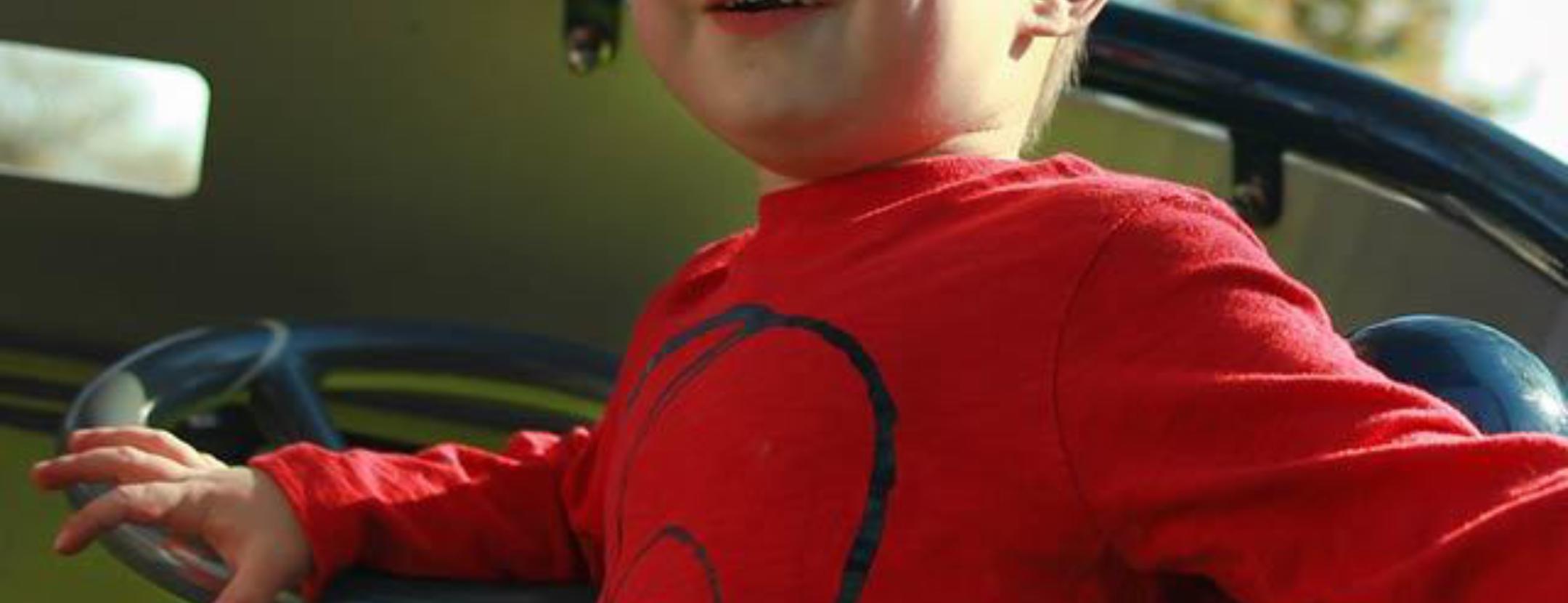On a wide residential street in Los Angeles, California, four-year-old Henry is standing ready at the front door, smiling coyly. Gregarious by nature, he immediately brings his new guests inside to his toy cars and a neon orange racetrack that spreads across the living room.
It’s as if he’s seeing old friends he’s known forever, and the playing commences upon arrival.
Henry proceeds to show off all his toys, gadgets and gizmos. He is a boy in love with race cars, soccer, and everything Star Wars. He likes to build and figure out how things are put together, and seamlessly moves from the racetrack to the floor puzzle. “He’s a bit of a puzzle savant,” says his father, Jon.
Because of Henry’s recent diagnosis with Duchenne muscular dystrophy just six months ago, Jon and Diana are trying to find a balance between allowing their son to engage in the physical activities he loves, while also encouraging ones that are more sedentary.
“It’s counterintuitive,” reflects Jon. “You want to tell your boy to ‘go outside and play,’ but we also try to encourage him to stay inside.”
The iPad is a helpful tool for keeping him calm and still. Diana, Henry’s mother, says he has a unique affinity for finding untraditional videos on YouTube, including a show that recreates costumes from movies using scrap material.
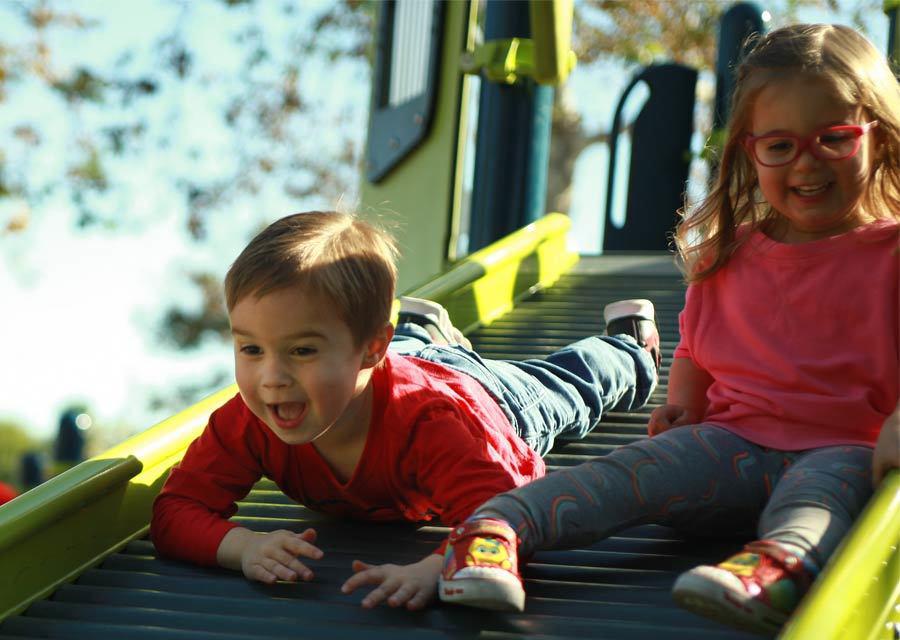
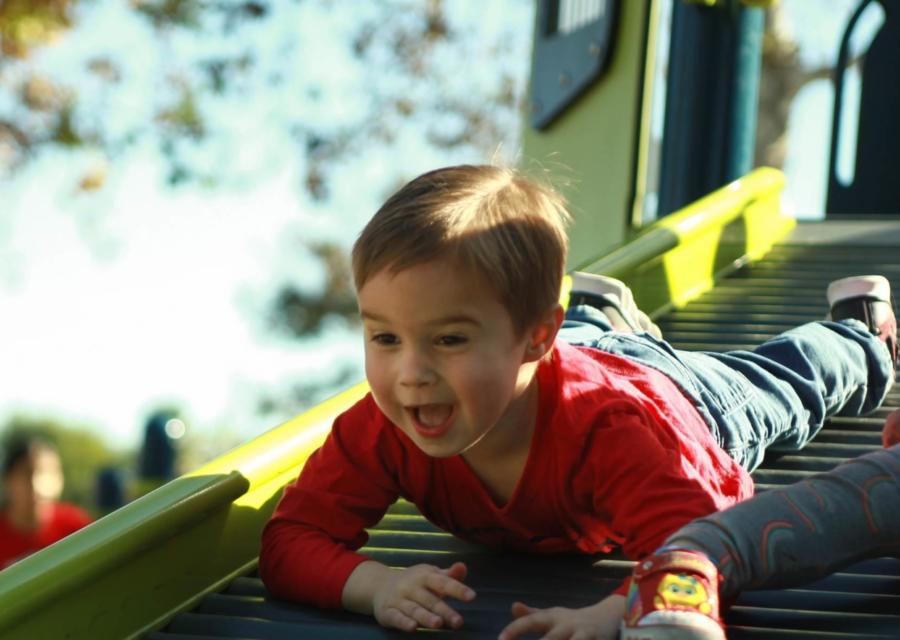
“Henry loves watching the show and then finding things around the house to reproduce what they make, and he is really good at it!”
Diana and Jon met on set while working for the same reality TV series, an extreme home makeover show where they would travel around the country and remodel a house in a week. They were friends and colleagues for a few years before a romance developed. They moved in together, got married and began growing a family. “We tried for a year to become pregnant,” Diana recounts, “but thought we couldn’t conceive naturally. We had Henry through IVF.”
Henry was born four weeks premature, but grew to be an outgoing, affectionate boy. “Then, a little over a year-and-a-half later along came our daughter Lucy, as a surprise. Turns out we could conceive naturally after all.”
Henry’s younger sister Lucy, now three years old, sits on the couch and looks out sternly, behind thick pink-rimmed glasses. Evaluating her new guests, she is slower to warm up than her brother, but after a while bubbles up to prove just as lively as Henry. The two are very close, both in age and in friendship. “They are the best of friends,” says Diana.
As an infant and a toddler, Henry showed delays, barely reaching developmental milestones. “He sat up a little late. He first walked at 17 months and they don't raise the alarm until 17.5 months.” But when he went in for his four-year-old checkup, they noticed that he hadn’t grown very much. Diana wondered if it was because of her husband's short stature. “Diana was worried Henry would be short, and be bullied,” Jon remembers. “I couldn’t imagine my son being bullied. I just kept saying, ‘he’s gonna be on the shorter side. He’s gonna be fine.’”
Henry also fell a lot. Because of this and his height, they took Henry in for preliminary genetic tests which revealed potential errors in his DNA. More tests showed Henry’s liver enzymes skyrocketing. They started to look up online what this could mean, but were overwhelmed with the bleakness they found there. “Between those two signs, we started to google, wondering if it could be some kind of muscular thing,” recalls Jon. “It didn’t look good. I was thinking maybe he needed a liver transplant. That’s bad, but it could be worse. Turns out it was.” They took Henry in for genetic testing that confirmed that he had Duchenne muscular dystrophy. The couple were beside themselves.
Further genetic testing revealed that neither Diana nor Jon carried Henry’s Duchenne mutation, meaning that their son’s mutation was a new random event. Diana said that once Henry’s diagnosis came through, it made so much sense to her. “When I read all the stuff online, it was so clear––the way he walks, the falling—it didn't take much to recognize it."
She realized that she somehow always knew something was a little different. "Jon was more surprised, saying, 'what do you mean?' He was more hopeful, and I felt differently, like 'no, I know what it is.'”
This affirmation of her motherly intuition did not calm the intensity, however. The news was devastating for everyone.
"No matter what you do, it's overwhelming. No matter what, it's a whirlwind," says Diana. “This was a complete shock, a complete surprise, that we caught this by accident,” says Jon.
“If we hadn’t been referred to an endocrinologist we wouldn’t have known,” adds Diana. “You find yourself where your world has just shifted totally on its axis,” explains Jon.
“Because it’s a thing you can’t control. On a daily basis we are fluctuating between dealing with being under a cloud that we can’t solve and going on with our daily life. We look towards the hope, the innovations, and where we are in time––and we are thankful that it isn't 20 years ago.”
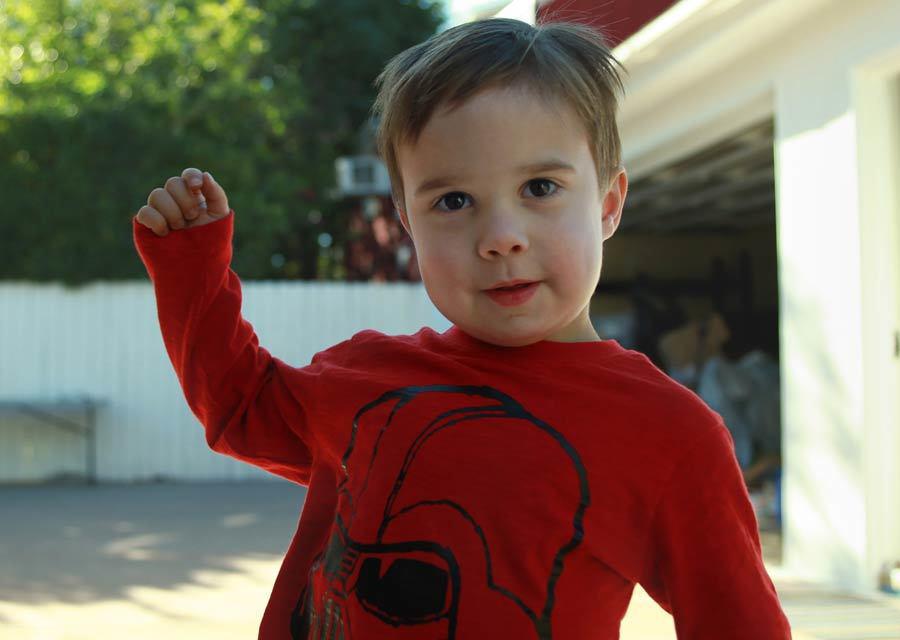
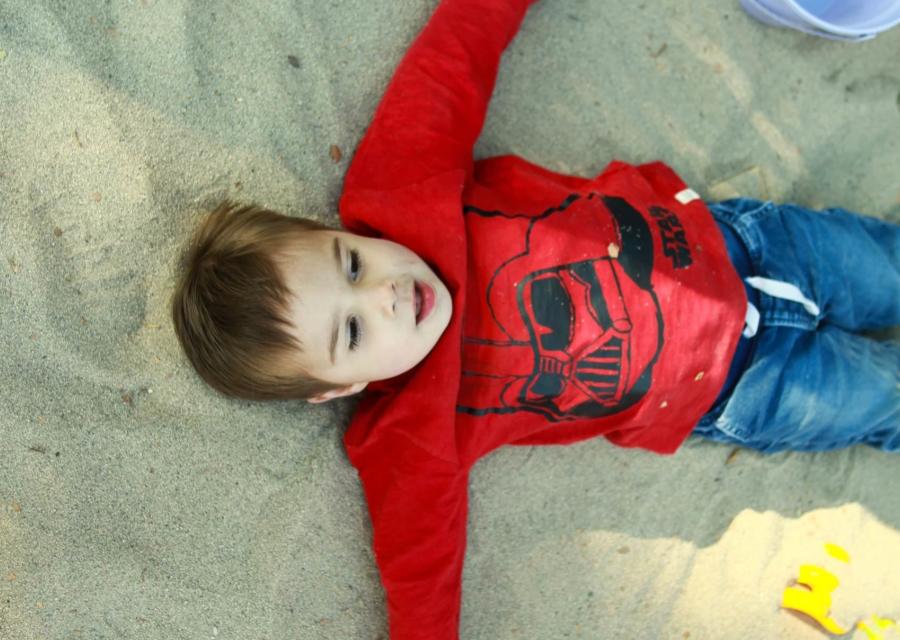
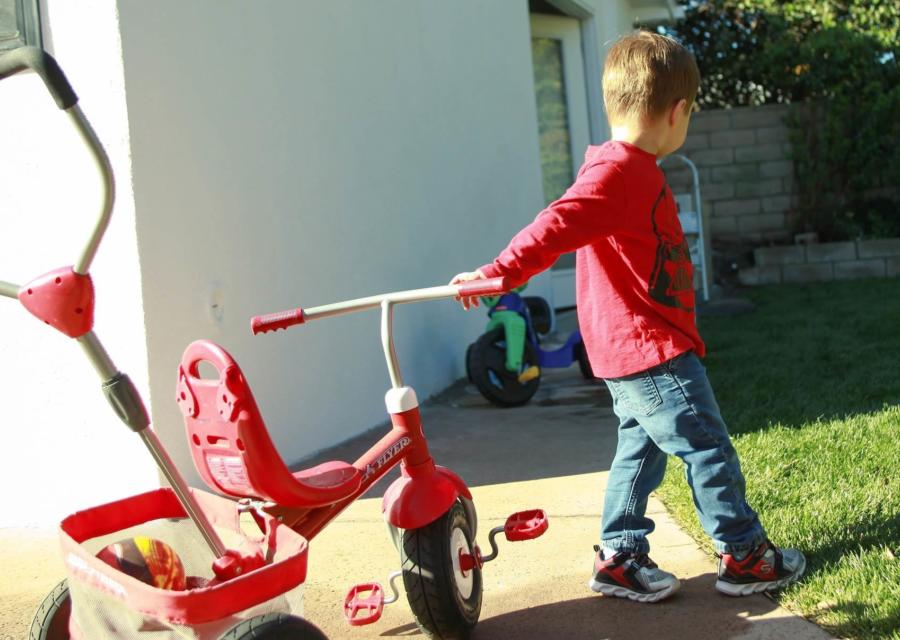
Diana recounts, “My mother and I always joked we wanted to just hold him close, keep him close. He was an IVF baby, he was always smaller than the rest.” Diana describes the struggle of knowing Henry’s impending condition and staying present in the moment.
“I want to just hold him all the time, so he doesn’t use his muscles [as much]. But I also want him to be the outgoing, active kid that he is. He's four. If you're not going to let him have that freedom at childhood, then what's the point? He deserves to have fun. It's a weird balance of letting him have the childhood I want him to have, and wanting to literally wrap him in bubble wrap."
Diana had planned on going back to work, but as soon as she got the diagnosis, she realized what a gift it was to have every possible moment with Henry. She decided to remain a stay-at-home mom. “I was getting antsy. But now I'm so happy I stayed home. All of my mom-guilt has worn away, thinking I should be working. Forget that."
Looking into the future can be troubling at times, as Diana and Jon are slowly grappling with the reality that awaits. “I'll look forward until fifth grade,” says Diana, “but I don't want to look past that." Knowing that a wheelchair may very well be part of Henry's future, the family bought a single-story house, and did a total renovation to accommodate.
"I feel like I'd like to be knowledgeable [about the future of the condition], but I don't want the negativity in the house. If I know too much, I feel like I might be negative.” It’s hard for Diana and Jon to know when the time will be to tell Henry about Duchenne.
“He is such a loquacious child that even at the doctor’s offices, while getting his blood drawn, he’ll talk to anybody cheerfully. He takes his medicine, and even though Lucy doesn’t have any, neither of them are curious as to why.”
Henry has begun to take steroids, in an attempt to preserve his muscles. Diana’s feelings are mixed about this: “You just got diagnosed with this shitty thing, and now we're gonna give you a drug with a bunch of shitty side-effects." However, she feels grateful for any kind of medicine that can help. She is eager to consider new medical trials. “We're open to anything. All treatments are on the table."
For now, Henry is happiest in the midday sunshine at a local park where he and Lucy find hours of fun playing on the jungle-gym and in the sandbox. Henry loves to use the toy dump trucks to load and unload sand, and smooth out new roads for them to drive on. He loves to run too. In the distance, he spots the familiar cones and balls of a local soccer camp.
Jubilantly, he goes towards the bouncing, black-and-white balls, giggling aloud. “Henry, we’re not signed up for this camp,” says Diana, bounding after him. She senses the immediate sadness this realization brings. “But don’t worry. We’ll sign up next session.” Henry accepts this and is soon back to smiling and running along the river path.
Diana remains grateful to get precious moments like this, amidst the uncertainty of the future, and right now, she doesn’t want to miss a beat.
“We are just starting to get out of the cloud of diagnosis… These are the golden years,” she says.
